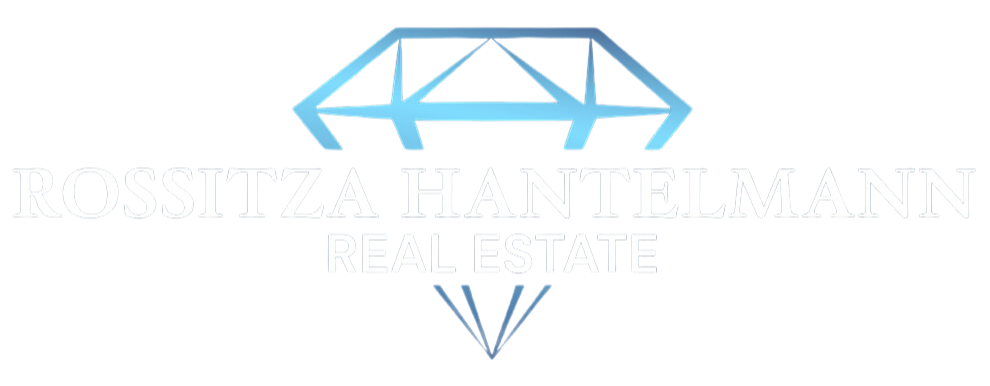TAXES ON THE ACQUISITION OF REAL ESTATE
The purchase of real estate by non-residents in Mallorca entails some significant tax consequences. Whether land transfer tax, VAT, stamp duty or property tax – the tax authorities in Mallorca know about the attractiveness of the island and the high demand for vacation properties, so they levy some tax on non-residents.
There are one-time taxes to be paid when buying a property and annual taxes to be paid when owning a property.
All of the following information is for guidance only and is in no way a substitute for professional tax and legal advice. Mallorca Diamond Real Estate SL. does not provide legal or tax advice and assumes no liability for the content.
One-time taxes on the purchase of real estate
Value-added tax (IVA) is usually payable on the purchase of new-build properties for first-time occupation. The applicable tax rate depends on the type of property. For residential real estate with 2 garage parking spaces, the tax rate is currently 10% of the purchase price.
The tax rate is different for the purchase of land and commercial real estate – it is 21% of the purchase price.
Unlike in Germany, the percentage of the real estate transfer tax is based on the notarized purchase price of the property, with the following scale currently applying:
- Real estate up to a purchase price of 400,000 euros is taxed at 8%.
- Real estate with a purchase price of more than 400,000 euros up to 600,000 euros is taxed at 9%.
- Real estate with a purchase price of more than 600,000 euros and up to 1,000,000 euros is taxed at 10%.
- Real estate with a purchase price of more than 1,000,000 euros and up to 2,000,000 euros is taxed at 12%
- Real estate with a purchase price of more than 2,000,000 euros is taxed at 13%.
Stamp duty is an indirect tax that is levied for the issuance of official documents that are necessary for the acquisition of real estate.
The name “stamp tax” is due to the stamp of the official local authority that issues the documents.
The stamp duty is based on the value of the property, which is recorded by the notary. The tax rate is determined regionally in Spain – in Mallorca it is 1.5%.
For properties up to a notarized value of 200,000 euros, which is moreover the first residential property acquired, the stamp duty is 1.2%.
Current tax after the acquisition of real estate
Diese Grundsteuer ist eine kommunale direkte Steuer, die für Nicht-Residenten, für Spanier und für Steueransässige gleichermaßen gilt. Die Grundsteuer wird auf der Basis des Katasterwertes der Immobilie durch die zuständigen Gemeinden erhoben und ist jährlich zu entrichten.
This income tax applies to both residents and non-residents.
In principle, taxes from renting and leasing a Spanish property must be taxed, otherwise taxes are also due when the property is used by the owner.
Wealth tax has been reintroduced throughout Spain since 2011. For residents and non-residents in Spain, wealth tax is payable on net assets and is progressive, ranging from 0.2% to 3.5%. For non-residents, an exemption amount of 700,000 euros is granted.
TAXES ON THE SALE OF REAL ESTATE
The seller of a Spanish property must also pay taxes to the Spanish tax authorities. Unlike in Germany, where sales of real estate that has been owned by the seller for at least 10 years can be sold tax-free, in Spain all capital gains are generally taxable. On the state level, the profit tax is part of the annual tax return (IRPF). At the municipal level, the profit tax is payable in the form of a tax on the increase in the value of land (plusvalia).
One time tax
The profit from the sale of a Spanish property owned by a non-resident is taxable in Spain. The profit from the sale of the property is calculated as the difference between the acquisition price, i.e. the notarized value plus incidental acquisition costs (IVA, land transfer tax, notary and registry fees), plus value-enhancing expenses (modernization and renovation costs, accumulated depreciation, brokerage fees) and the proceeds from the sale. Taxes of 19% are payable on the profit determined in this way. This tax rate of 19% is in Spain independent of the period in which one owned the property.
With regard to the income tax to be paid by the seller on the capital gain, there is a special rule in Spain that the buyer must withhold 3% of the notarized purchase price and pay it to the tax office within one month as an a-conto payment on the seller’s profit tax. In this way, the Spanish treasury secures a part of the expected profit tax. The non-resident seller has to file a tax return for the real estate sale within 4 months of the sale, from which he can then deduct the 3% as a payment already made on the final tax liability.
In addition to the 19% profit tax, the seller is subject to the so-called value appreciation tax (Plusvalia) on the sale. The Plusvalia is levied by the local municipalities and refers to the (fictitious) increase in value of the land – not the buildings. To calculate it, one needs the cadastral value of the land, the duration of ownership and the calculation factor of the respective municipality. The tax liability of Plusvalia is to be paid to the tax office within a period of 30 days by way of self-assessment.
